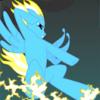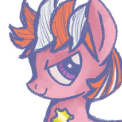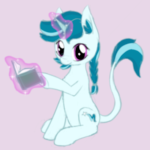"Kishōtenketsu" and the Appeal of Equestria
-
Similar Content
-
- 129 replies
- 11,318 views
-
- 435 replies
- 8,756 views
-
- 11 replies
- 134 views
-
- 9 replies
- 6,081 views
-
- 20 replies
- 1,555 views
-
-
Recently Browsing 0 members
- No registered users viewing this page.







Recommended Posts
Create an account or sign in to comment
You need to be a member in order to leave a comment
Create an account
Sign up for a new account in our community. It's easy!
Join the herd!Sign in
Already have an account? Sign in here.
Sign In Now